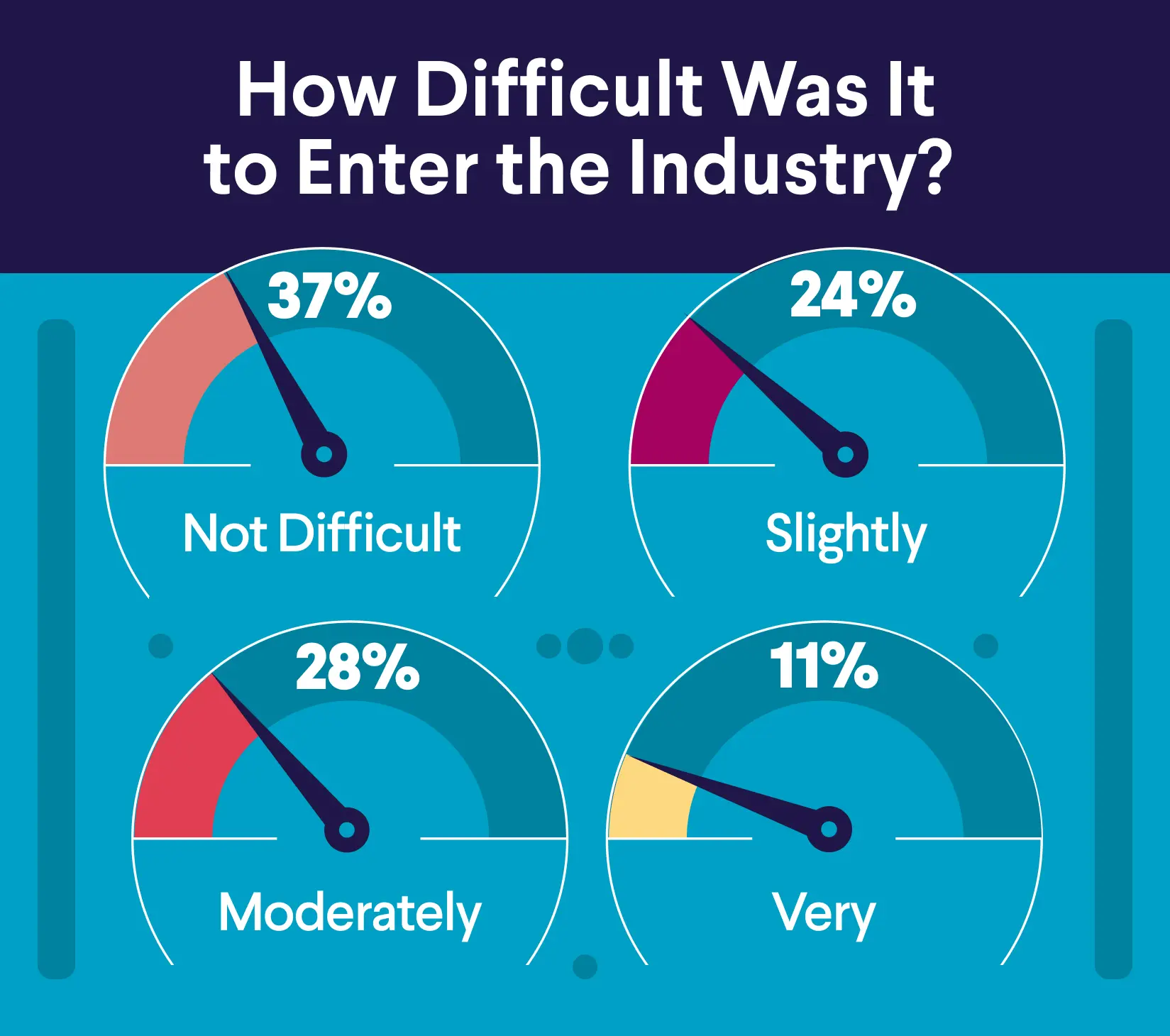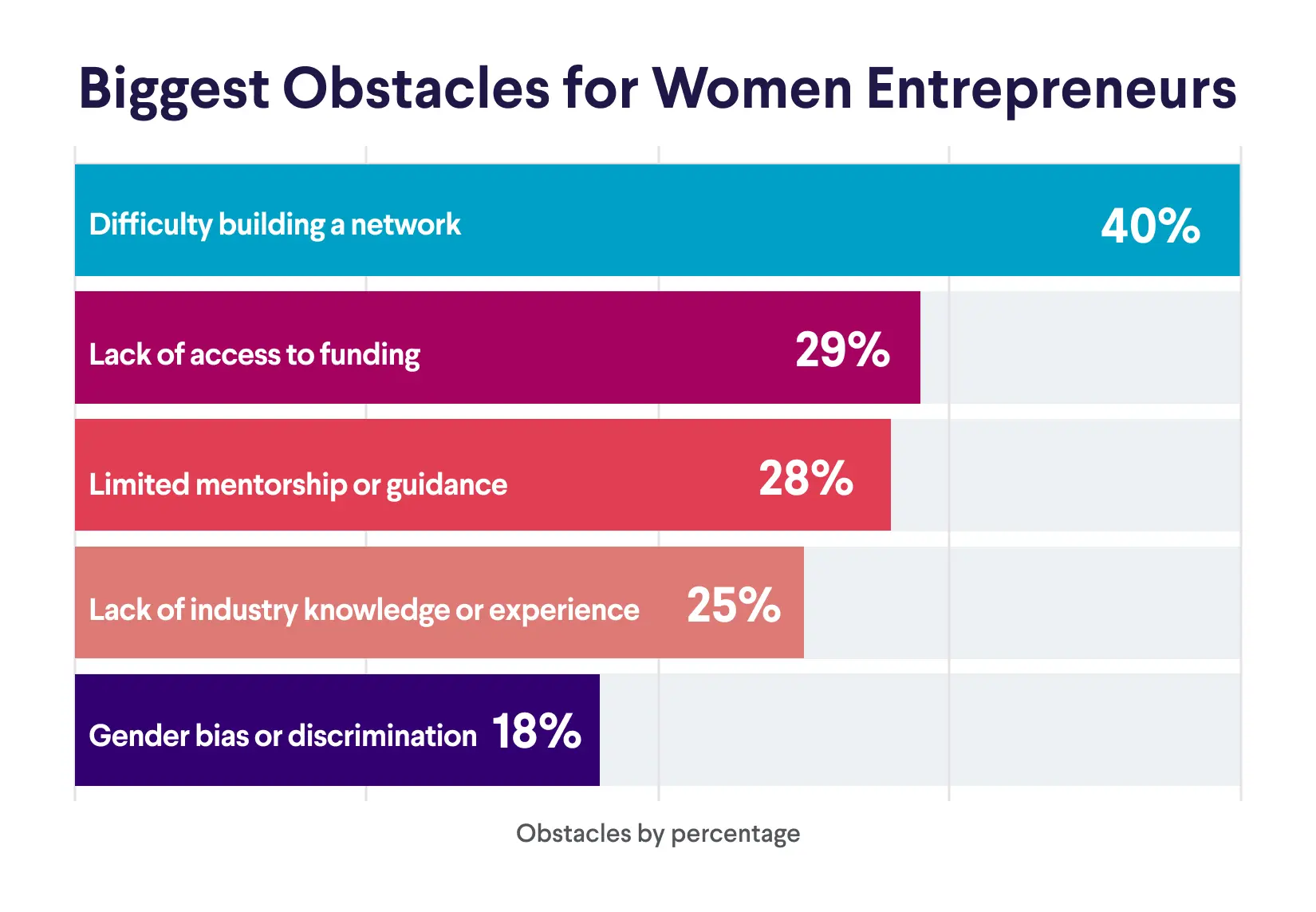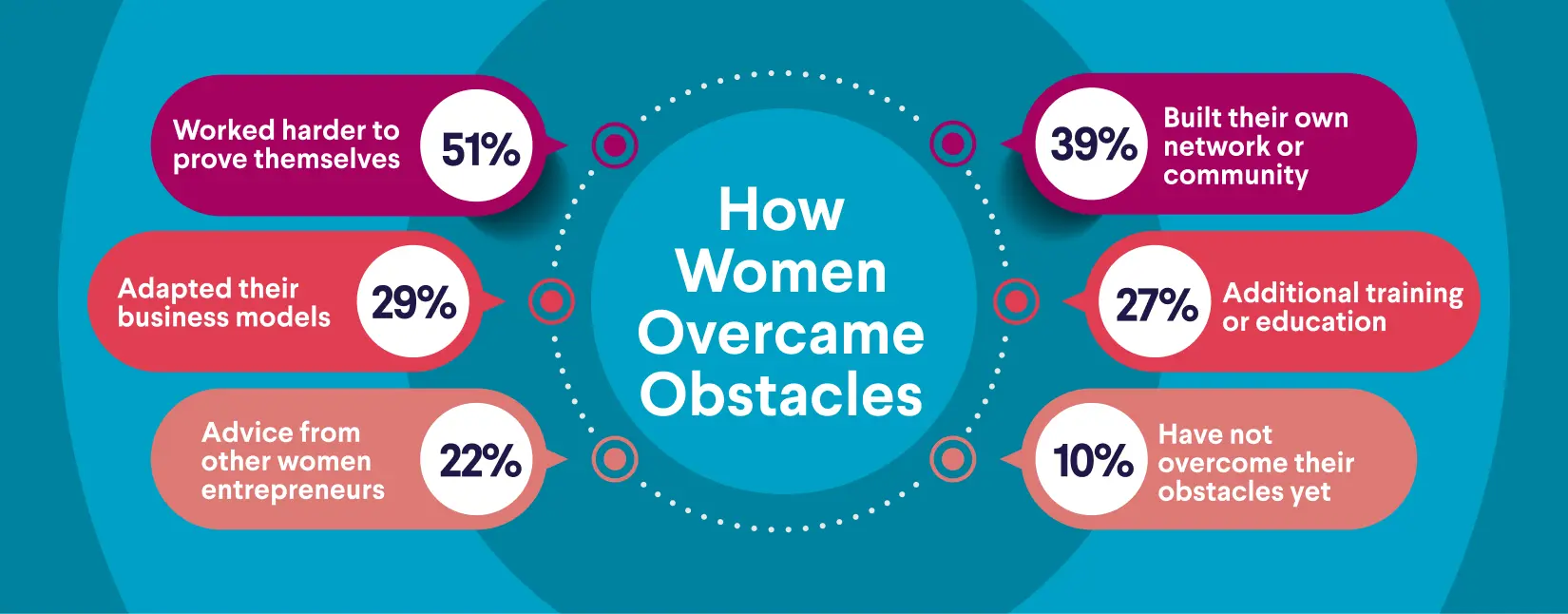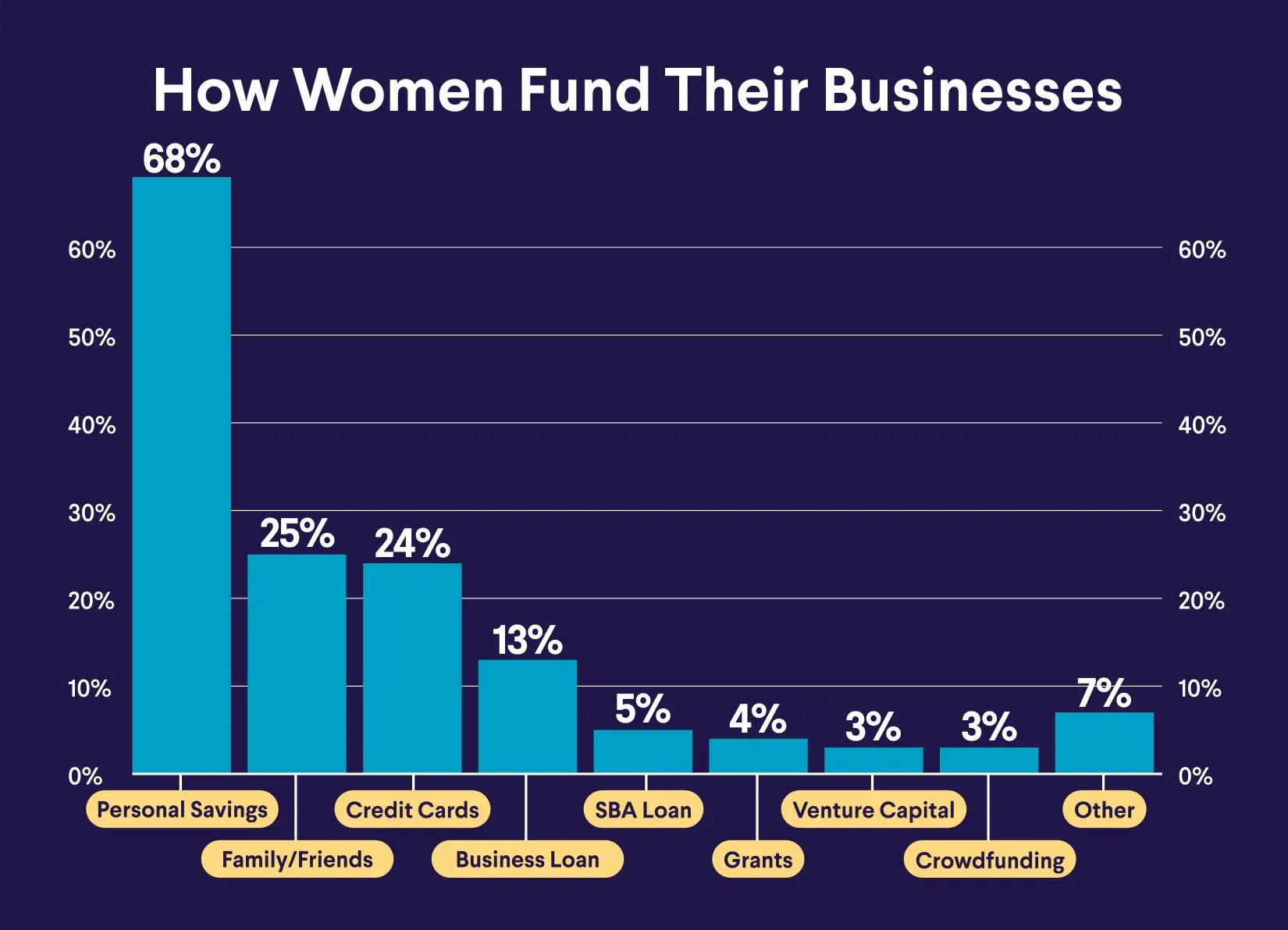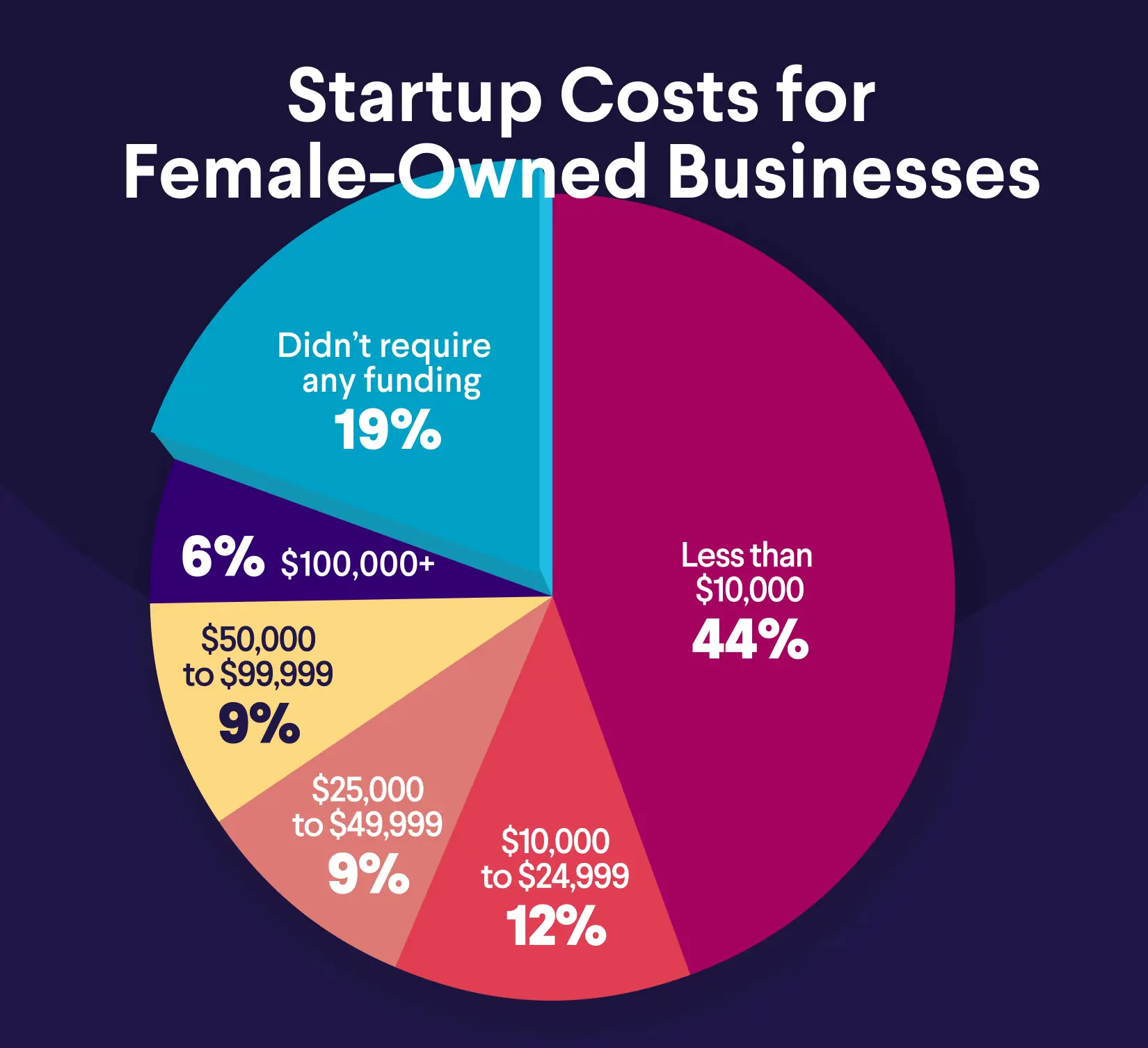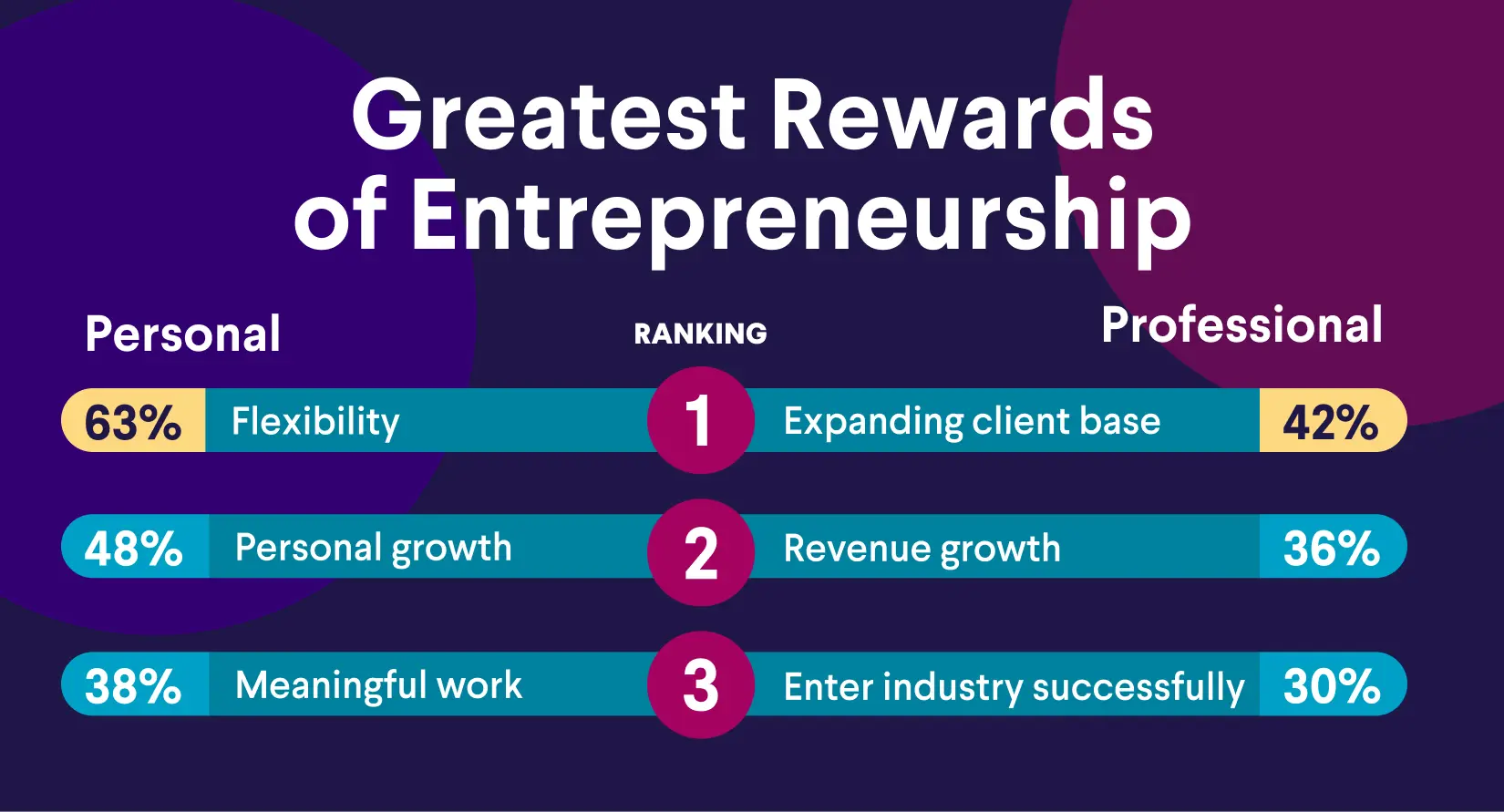Can You Rent a Car With a Debit Card?
Renting a car with a debit card is possible at certain car rental agencies, but you may have to jump through a few additional hoops, such as paying a large deposit or undergoing a credit check. Agencies may also impose certain restrictions, such as being over age 25 and having a debit card with a Visa or Mastercard logo.
Here are key things to know about renting a car with a debit card, including which companies accept debit cards, the pros and cons of using debit vs. credit, and alternatives ways to pay for a rental car.
Key Points
• Many car rental agencies accept debit cards but with certain restrictions.
• Renting with a debit card often involves a large security deposit and a credit check.
• Using a debit card avoids credit card interest and does not impact credit utilization.
• Credit cards usually offer travel insurance and rewards, while debit cards may not.
• Extra identification and proof of return travel are frequently required when using a debit card.
Is It Possible to Rent a Car With a Debit Card?
So, can you use a debit card to rent a car? Yes! You’ve just got to find rental car agencies that accept debit cards. Though company policies can change, and also vary by location, these are among the agencies that typically allow drivers to rent a car without a credit card:
• Alamo
• Avis
• Budget
• Dollar
• Enterprise
• Hertz
• Thrifty
Keep in mind that rental car companies that accept debit cards often have additional requirements and restrictions for customers who choose to pay this way.
For example, the company might require a large security deposit and run a credit check on you. You may also have to provide multiple forms of identification, be at least 25 years old, and/or have a debit card with a common logo, like Mastercard, Visa, American Express, or Discover. Airport rental agencies may have additional requirements for renting a car with a debit card, such as proof of return travel.
In addition, the rental company will likely place a debit card hold (equivalent to the total estimated cost of the rental, plus some extra funds for security), which will limit the funds available in your checking account. The hold on the account will be removed after the car is returned and all fees are paid.
It’s a good idea to call the specific location where you hope to rent a car using a debit card. You can then make sure you understand what requirements must be met in order to reserve and pay for the car. In some cases, a rental agency will allow you to use your debit card to pay your final rental bill after you return the car, but require a credit card to make the car reservation.
Recommended: Cheapest Ways to Rent a Car
Why Do Many Car Rental Companies Require a Credit Card?
While many rental car companies will let you rent a car with a debit card, they generally prefer that you use a credit card. The reason is that credit cards offer multiple types of assurances to a rental car agency. For starters, a credit card signals to them that you are trustworthy and responsible — two traits that a company might value before lending you a $25,000+ piece of heavy machinery.
Credit cards also enable rental car companies to collect money for any repairs, tickets, tolls, and other fees. Because of the open line of credit on the card, the rental agency knows it can charge you for incidentals as necessary — without requiring a large security deposit from you up front.
Recommended: Can You Use a Debit Card Online?
Increase your savings
with a limited-time APY boost.*
Pros of Renting a Car With a Debit Card
Renting a car with a credit card certainly seems easier, but are there advantages to using a debit card? Definitely. Here are some of the pros of using a debit card to rent a car:
• No credit card necessary: The biggest advantage is also the most obvious. If you can’t qualify for a credit card or simply don’t want one, using a debit card allows you to rent a car without needing a line of credit.
• No credit card interest: If you pay your credit card off in full each month, you probably aren’t worried about credit card interest. But if you suddenly have a major charge for a car rental, you might be tempted to just make your minimum payment on your credit card — and rack up interest. By paying with a debit card, you don’t risk accruing credit card interest.
• No impact on credit utilization: High credit utilization can drive down your credit score. By using a debit card, you won’t tap into any of your available credit. However, if the agency runs a credit check for debit card users, the hard inquiry could impact your credit score temporarily.
Cons of Renting a Car With a Debit Card
Though it’s possible to rent a car with a debit card, this payment method can have drawbacks. Here are some of the biggest downsides of renting a car with a debit card:
• Fewer perks: By swiping your debit card, you may be missing out on credit card travel insurance offered to cardmembers. If you have a rewards credit card that earns cash back or points for every purchase, you may also be leaving money on the table by using a debit card.
• Security deposit: When using a debit card, you’ll often have to pay the full cost of the rental up front. On top of that, an agency may hold additional funds as a security deposit. This could reduce the cash you have available to spend while on your travels.
• Credit check: Without a credit card, the rental car agency may perform a credit check before handing over the keys. This can result in a hard inquiry on your credit report.
• More hoops to jump through: In addition, rental agencies may require multiple forms of ID, might have age requirements, and may even need to see proof of scheduled return travel to allow you to pay with a debit card.
Is It Better to Rent a Car With a Debit or Credit Card?
Do you need a credit card to rent a car? Not necessarily. If you cannot qualify for a credit card or do not want one, renting with a debit card may be the right choice for you.
That said, using a credit card can offer some perks. Doing so is likely the better approach for many drivers since it won’t require putting a large hold on the funds in your bank account, may have built-in car insurance, and won’t necessitate a credit check by the agency.
Is It Safer to Rent a Car With a Debit or Credit Card?
Renting a car with a credit card is generally safer than renting a car with a debit card. One reason is that it can be more challenging to dispute charges with a debit card compared to a credit card. In addition, your credit card may also offer rental car insurance as part of its perks, meaning extra protection on the road.
Alternatives to Car Rentals With Debit Cards
While you can use a debit card to rent a car, here are some alternative payment options you may want to consider:
• Using a credit card: The main alternative is paying for a car rental with a credit card. In fact, this is usually the better option for the driver and the rental agency.
• Riding with another driver: If someone else in your party has a credit or debit card and is willing to pay for the rental, let them get behind the wheel. Many companies allow customers to add additional drivers to the rental contract, though it may involve a fee.
• Paying with a prepaid card or cash: While rental car agencies will likely require a credit or debit card to secure the rental, some agencies may allow you to pay with a prepaid card, money order, or even cash at the end of the rental agreement — once the car has successfully been returned.
Recommended: Common Misconceptions About Money
Ways to Protect Yourself While Renting a Car
Renting a car can be stressful, but it also enables you freedom to travel, allows you to put miles on a car that isn’t yours during road trips, and may come in handy when your vehicle is being worked on. Here’s how you can protect yourself when renting a car:
• Research the car before driving it: Once you know the year, make, model, and trim of your rental, you can research it online to understand any nuances to how it works, especially if you aren’t accustomed to newer safety technologies. The owner’s manual should be in the glove compartment and is worth reviewing if you’re uncomfortable driving an unfamiliar vehicle.
• Carry insurance: Before renting a car, it’s a good idea to check with your car insurance agent and your credit card company to see what coverage you have. If you don’t have coverage for the rental through any other means, make sure you opt in for the insurance offered by the rental agency.
• Follow the rules of the road: You should always abide by traffic laws, but they’re especially important when you’re learning a new vehicle. If you’re traveling in a foreign country, it’s a good idea to study their laws and traffic signs at home before your trip.
The Takeaway
Renting a car with a debit card is possible, but you’ll miss out on some of the perks of paying with a credit card — like potential cashback rewards and car insurance. Plus, rental agencies may require you to fulfill more requirements to get behind the wheel, like paying a security deposit or agreeing to a credit check.
Interested in opening an online bank account? When you sign up for a SoFi Checking and Savings account with eligible direct deposit, you’ll get a competitive annual percentage yield (APY), pay zero account fees, and enjoy an array of rewards, such as access to the Allpoint Network of 55,000+ fee-free ATMs globally. Qualifying accounts can even access their paycheck up to two days early.
FAQ
Which rental car companies allow you to use a debit card?
Alamo, Avis, Budget, Dollar, Enterprise, Hertz, and Thrifty are just some of the rental car companies that allow you to pay with a debit card. However, these and other rental car companies may have stricter rules and requirements for renting a car with a debit card vs. a credit card, such as requiring a credit check or a larger security deposit.
Are there any restrictions when renting a car with a debit card?
Each rental car company may have its own restrictions when you rent a car with your debit card. For example, they may require you to be 25 or older, pay a large security deposit, and/or agree to a credit check. It’s a good idea to call the specific agency before arriving to understand what you’ll need in order to rent a car with a debit card.
What is the process of renting a car with a debit card?
Rental agencies have varying processes for renting a car with a debit card. It’s a good idea to check online and even to call the specific agency to understand the process ahead of time. In general, companies may require full payment plus a security deposit up front, they may run a credit check, and they might want to see multiple forms of identification. If you’re renting at an airport, they may also require you to provide proof of a return plane ticket.
Photo credit: iStock/Khaosai Wongnatthakan
SoFi Checking and Savings is offered through SoFi Bank, N.A. Member FDIC. The SoFi® Bank Debit Mastercard® is issued by SoFi Bank, N.A., pursuant to license by Mastercard International Incorporated and can be used everywhere Mastercard is accepted. Mastercard is a registered trademark, and the circles design is a trademark of Mastercard International Incorporated.
Annual percentage yield (APY) is variable and subject to change at any time. Rates are current as of 12/23/25. There is no minimum balance requirement. Fees may reduce earnings. Additional rates and information can be found at https://www.sofi.com/legal/banking-rate-sheet
Eligible Direct Deposit means a recurring deposit of regular income to an account holder’s SoFi Checking or Savings account, including payroll, pension, or government benefit payments (e.g., Social Security), made by the account holder’s employer, payroll or benefits provider or government agency (“Eligible Direct Deposit”) via the Automated Clearing House (“ACH”) Network every 31 calendar days.
Although we do our best to recognize all Eligible Direct Deposits, a small number of employers, payroll providers, benefits providers, or government agencies do not designate payments as direct deposit. To ensure you're earning the APY for account holders with Eligible Direct Deposit, we encourage you to check your APY Details page the day after your Eligible Direct Deposit posts to your SoFi account. If your APY is not showing as the APY for account holders with Eligible Direct Deposit, contact us at 855-456-7634 with the details of your Eligible Direct Deposit. As long as SoFi Bank can validate those details, you will start earning the APY for account holders with Eligible Direct Deposit from the date you contact SoFi for the next 31 calendar days. You will also be eligible for the APY for account holders with Eligible Direct Deposit on future Eligible Direct Deposits, as long as SoFi Bank can validate them.
Deposits that are not from an employer, payroll, or benefits provider or government agency, including but not limited to check deposits, peer-to-peer transfers (e.g., transfers from PayPal, Venmo, Wise, etc.), merchant transactions (e.g., transactions from PayPal, Stripe, Square, etc.), and bank ACH funds transfers and wire transfers from external accounts, or are non-recurring in nature (e.g., IRS tax refunds), do not constitute Eligible Direct Deposit activity. There is no minimum Eligible Direct Deposit amount required to qualify for the stated interest rate. SoFi Bank shall, in its sole discretion, assess each account holder's Eligible Direct Deposit activity to determine the applicability of rates and may request additional documentation for verification of eligibility.
See additional details at https://www.sofi.com/legal/banking-rate-sheet.
*Awards or rankings from NerdWallet are not indicative of future success or results. This award and its ratings are independently determined and awarded by their respective publications.
Financial Tips & Strategies: The tips provided on this website are of a general nature and do not take into account your specific objectives, financial situation, and needs. You should always consider their appropriateness given your own circumstances.
We do not charge any account, service or maintenance fees for SoFi Checking and Savings. We do charge a transaction fee to process each outgoing wire transfer. SoFi does not charge a fee for incoming wire transfers, however the sending bank may charge a fee. Our fee policy is subject to change at any time. See the SoFi Bank Fee Sheet for details at sofi.com/legal/banking-fees/.
Third-Party Brand Mentions: No brands, products, or companies mentioned are affiliated with SoFi, nor do they endorse or sponsor this article. Third-party trademarks referenced herein are property of their respective owners.
SOBNK-Q325-020
Read more



